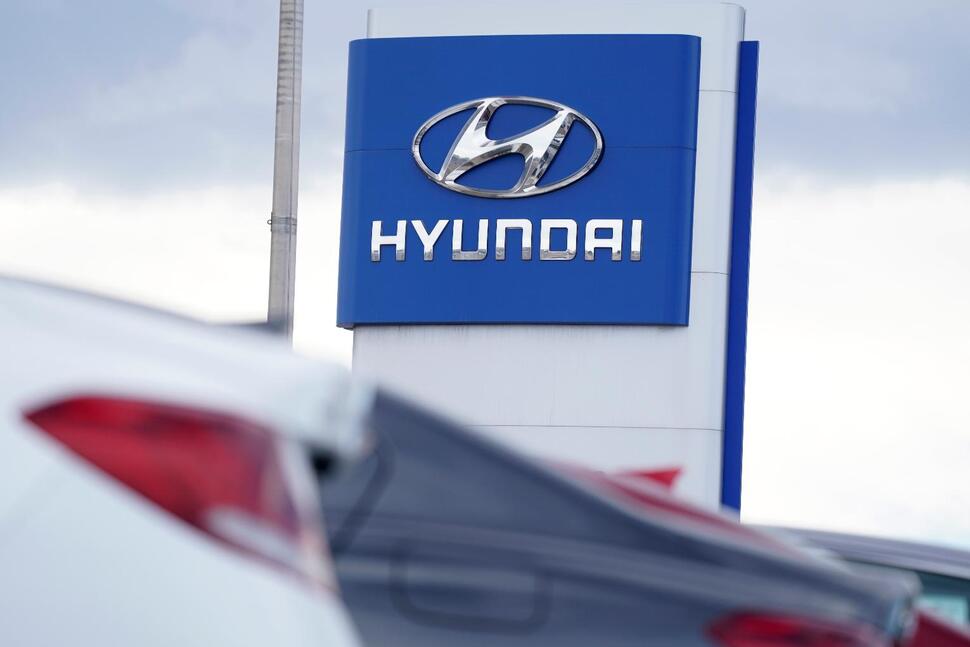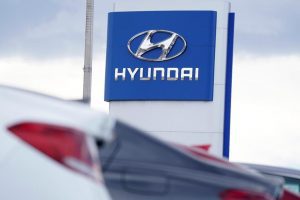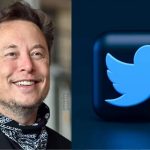Hyundai Gets $1.8B in Aid to Build Electric Cars in Georgia
现代汽车在美国佐治亚州共获18亿美元政府补贴设厂建造电动汽车
美国佐治亚州官员表示,现代汽车在该州设厂共获约18亿美元的经济补贴。
今年5月份,现代汽车宣布将投资55.4亿美元,在佐治亚州设首个完全专用的电动汽车和电池制造工厂。同时,现代汽车的供应商将为该项目再投资约10亿美元,为佐治亚州沿海地区创造8100个新的就业机会。
此次交易要求现代汽车在其佐治亚州工厂投资55亿美元并雇用8100名工人。这是该州历史上最大的经济发展交易案

The state of Georgia and local governments are giving $1.8 billion in tax breaks and other incentives to Hyundai Motor Group in exchange for the automaker building its first U.S. plant dedicated to electric vehicles near Savannah, according to the signed agreement disclosed Friday.
The deal calls for Hyundai to invest $5.5 billion in its Georgia plant and hire 8,100 workers. It’s the largest economic development deal in the state’s history and comes just months after Georgia closed another major deal with electric vehicle maker Rivian to build a factory in the state.
“Not only do these generational projects solidify our spot at the vanguard of the EV transition, but they also ensure that thousands of Georgians across the state will benefit from the jobs of the future,” Pat Wilson, the state’s economic development commissioner, said in a statement.
Hyundai executives and Gov. Brian Kemp announced the deal in May with a champagne toast at the project’s sprawling 2,900 acre (1,170 hectare) site in Bryan County, west of Savannah. Hyundai plans to start construction on the plant next year and begin producing up to 300,000 vehicles per year in 2025. The new factory also will produce vehicle batteries.
But officials declined to reveal what incentives the automaker had been promised until after the agreement was signed.
The package disclosed Friday is worth roughly $300 million more than incentives promised to Rivian. It amounts to Georgia and four counties in the Savannah area giving Hyundai about $228,000 per job created.
Georgia officials insist it’s a worthwhile investment. Wilson said Hyundai’s payroll at the new plant is expected to reach $4.7 billion over 10 years. Parts suppliers are expected to create thousands of additional jobs in the state.
The $1.8 billion in incentives is easily the largest subsidy package a U.S. state has ever promised for an automotive plant, said Greg LeRoy, executive director Good Jobs First, a group skeptical of subsidies to private companies.
“That’s inherently super-risky,” LeRoy said, “because you’re betting a huge amount on one company and one facility.”
Local governments are giving Hyundai more than $472 million in property tax breaks, though Hyundai will pay more than $357 million in lieu of taxes over a 26-year period starting in 2023.








